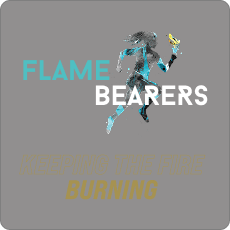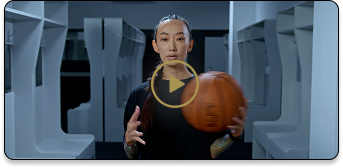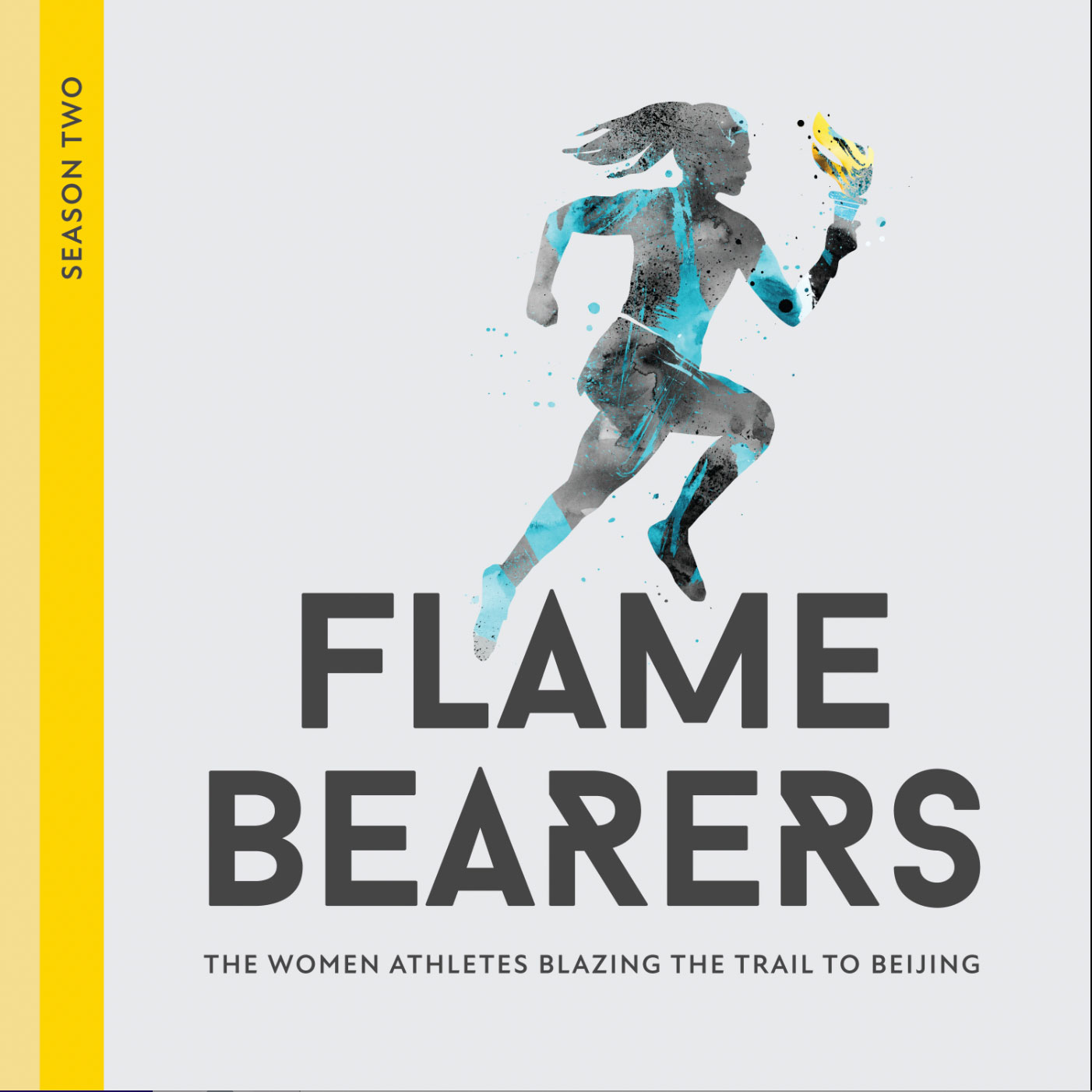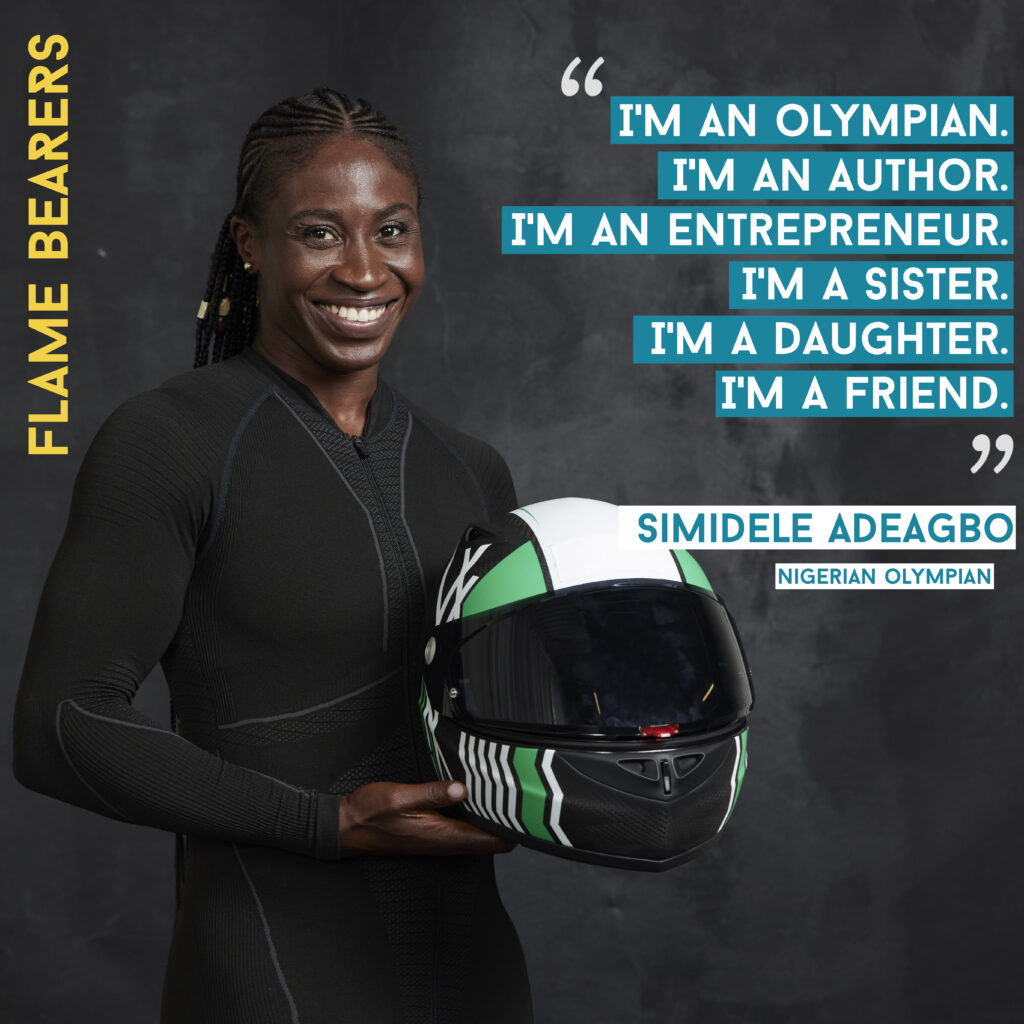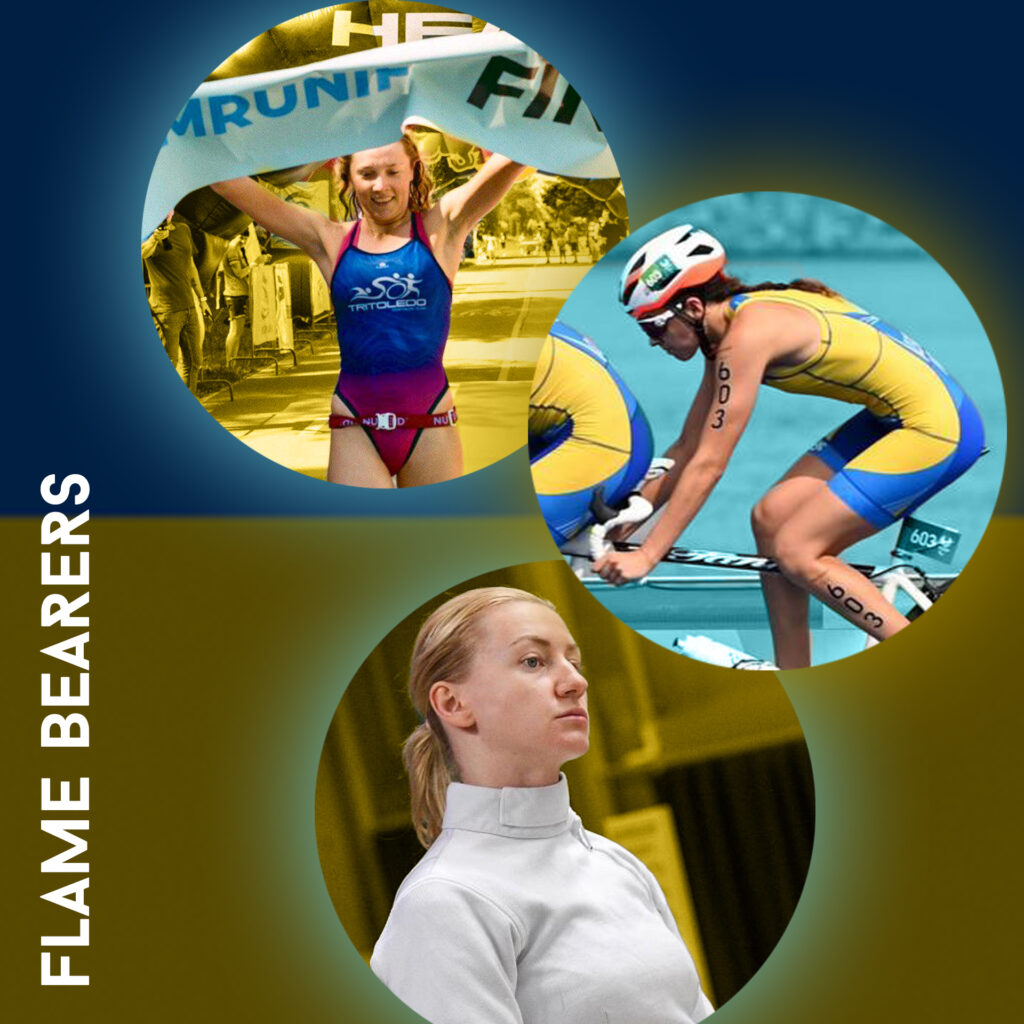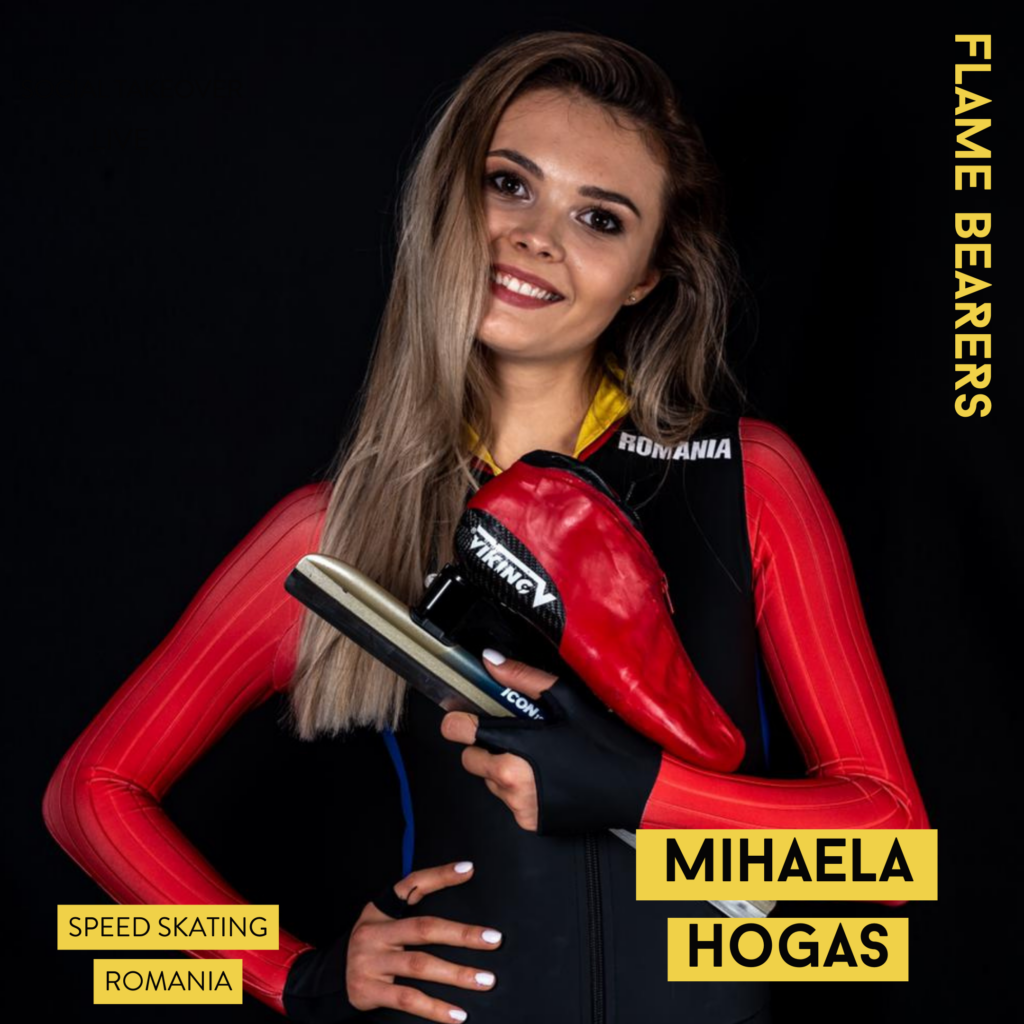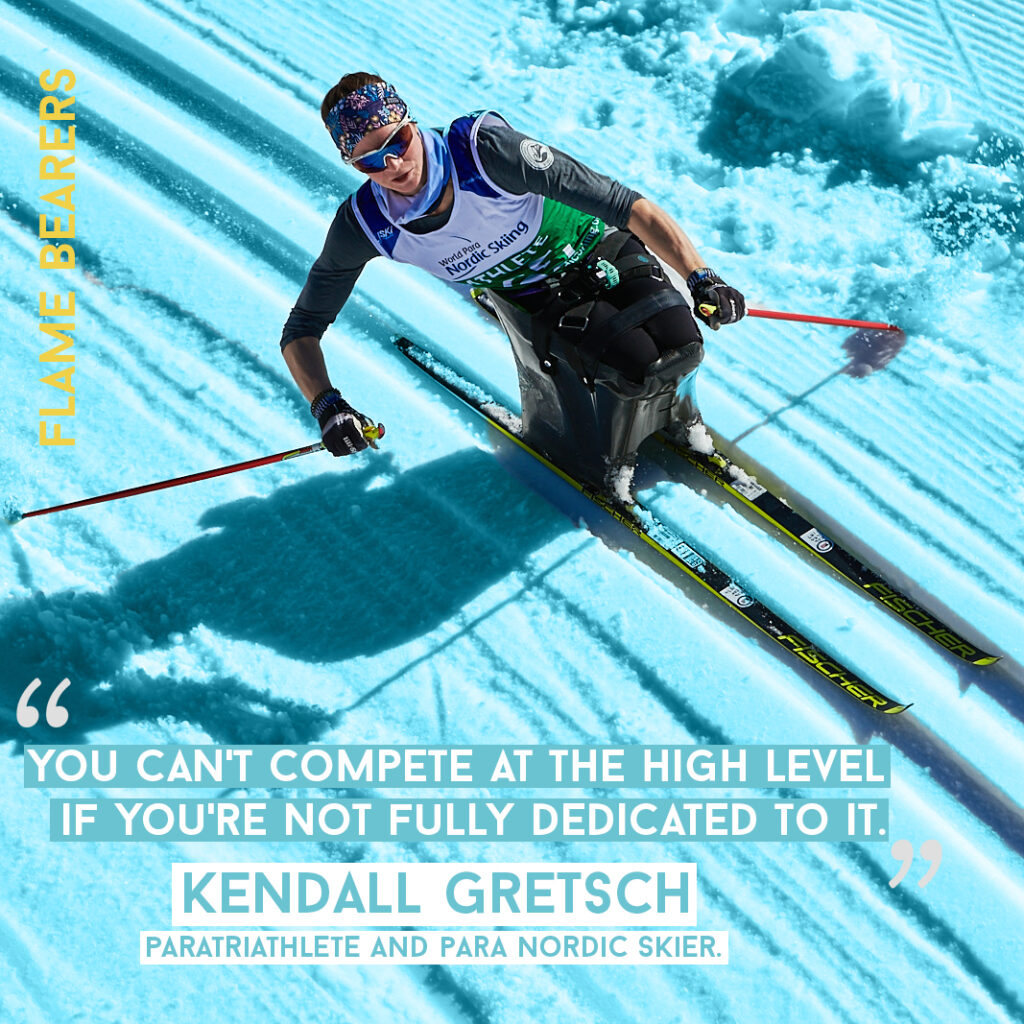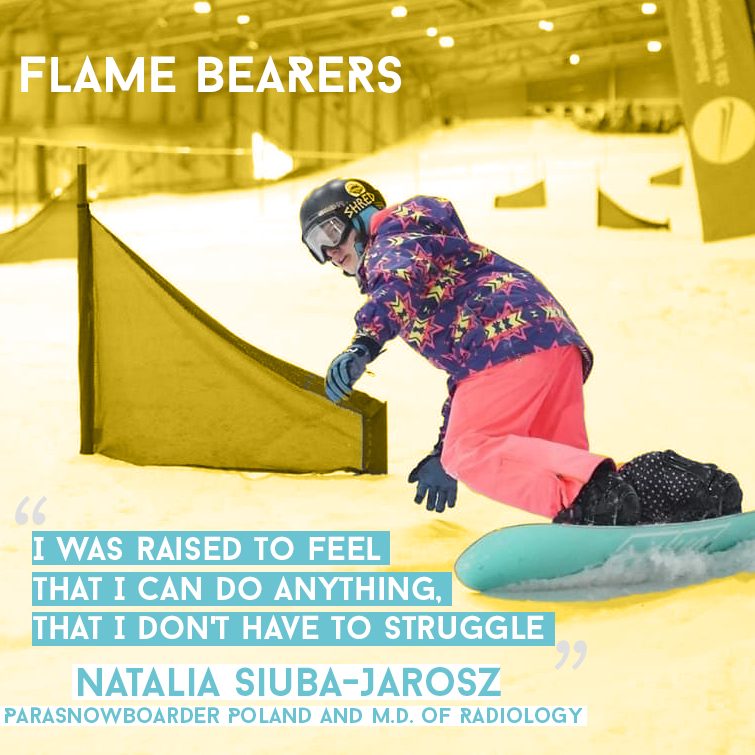To kick off Season 2, we speak with 2x Russian Paralympian (soon to be 3x), biathlete and wheelchair racer, Akzhana Abdikarmova. She shares what it means to represent the Russian Olympic Committee (ROC) and sheds light on the invisibility of disability in Russia, how it has evolved, and how it hasn’t over the past 30 years.
Akzhana grew up with spina bifida and is constantly looking for ways to inspire local youth with disabilities; that’s why she started several Instagram accounts amplifying the experiences of disabled athletes (@Gromova Team and @Gromovateam_junior) . Akzhana says that young para athletes are the individuals who motivate her the most, especially throughout the pandemic when she’s been largely isolated: “I need to be their motivation and their role model. I’m doing this for them.”
Contributing experts include: Mary Yntema (President and CEO, WorldBoston), and Denise Roza (Founder and Director, Perspektiva).
Media Clips from:
-Paralympic Games’ YouTube, ‘Middle distance sitting | Cross-country skiing | PyeongChang2018 Paralympic Winter Games’
-Paralympic Games’ YouTube, ‘Women’s 400 m T53 | Victory Ceremony | 2016 IPC Athletics European Championships Grosseto’
-RT’s YouTube, ‘Entire Russian Paralympic team banned from Rio Games’
-BBC New’s YouTube, ‘Russian athletes banned from Rio 2016 – BBC News’
-Vox’s YouTube, ‘How ski warfare created biathlon’
-Team USA’s YouTube, ‘Paralympic Biathlon | U.S. Paralympics’
-Paralympic Games’ YouTube, ‘Sports of the Paralympic Winter Games: Biathlon’
-Channel 4 News’ YouTube, ‘Disability and Russia, a strange relationship’

